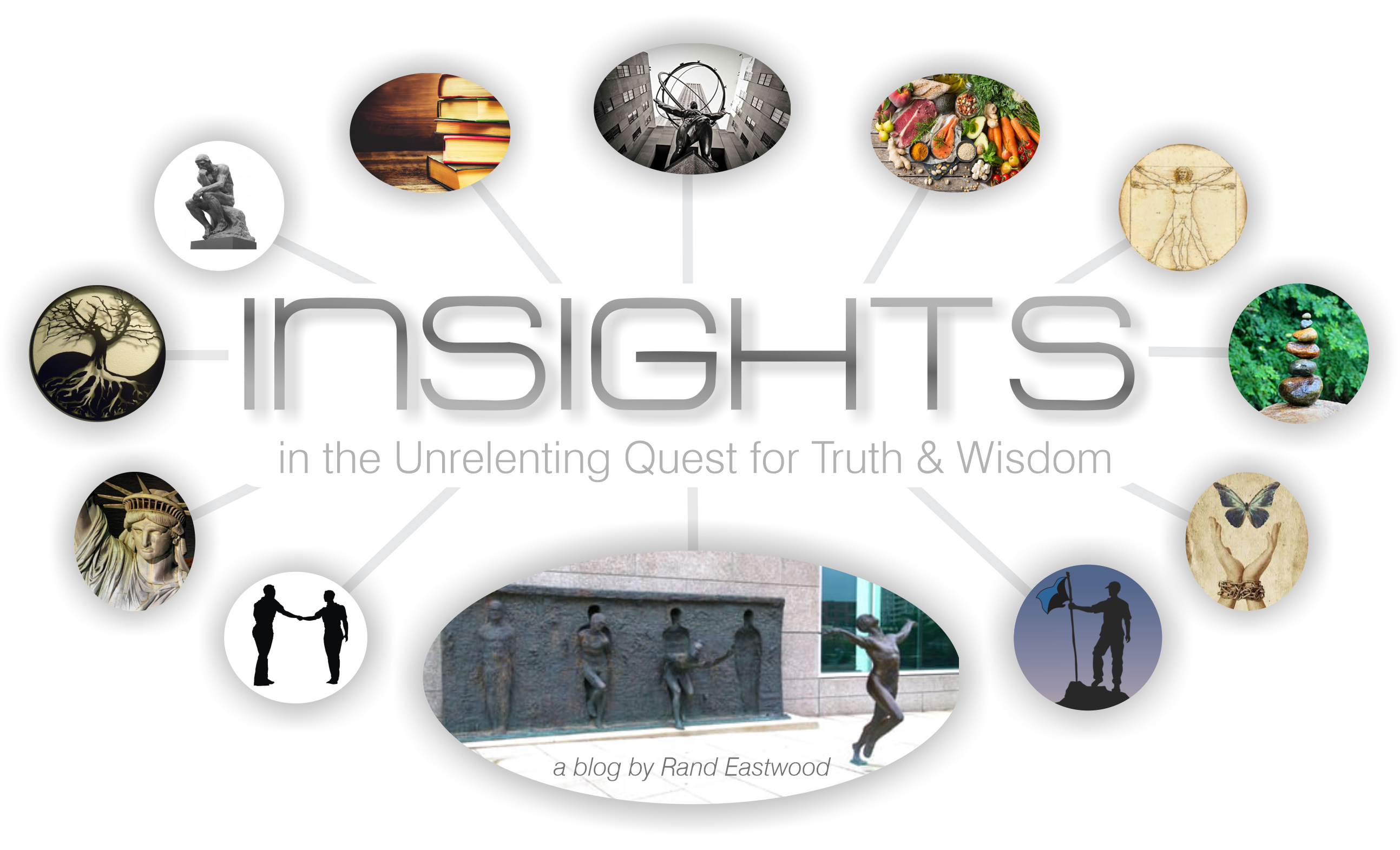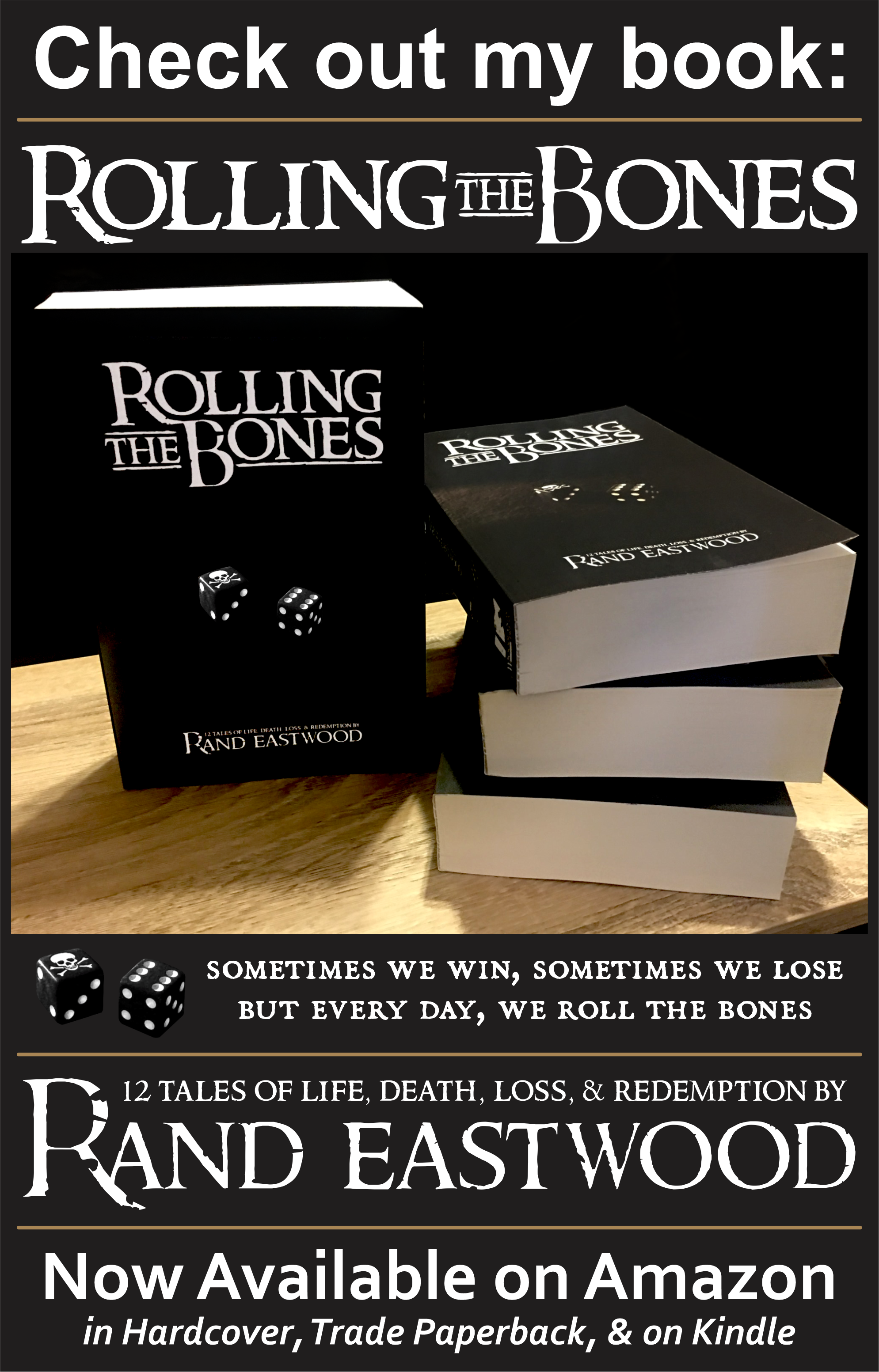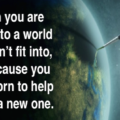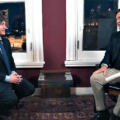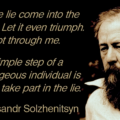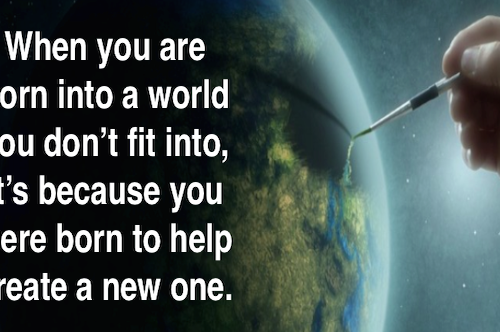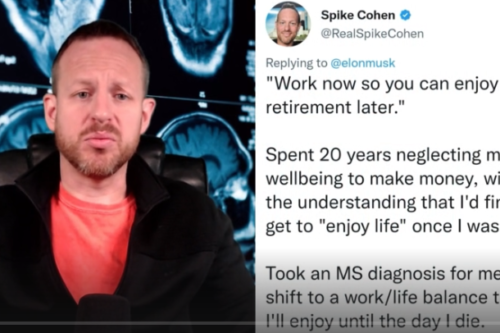Forgiving gets easier with practice.
For one, you come to the realization that you have no idea what others are going through. They could be going through hard times, a breakup or divorce, a job that’s not working out, financial hardship, illness in the family, you name it.
And if they’re going through really hard times themselves, they’re going to be focused on their own lives and problems, they’re going to be in defense mode, and thus more apt to treat you badly or hurt you, though often unintentionally.
And then there are those who never grow up, don’t pursue personal growth or increased knowledge or education, and therefore do stupid things, make bad choices, and have no clue how they’re impacting others in their life, how they may be hurting you or anyone else through there own carelessness or incompetence—but again, it’s often entirely unintentional.
As Archbishop Emertus Desmond Tutu points out in The Book of Forgiving: Forgiveness is not weakness, and does not mean being spineless, nor does it mean one doesn’t get angry. He explains:
“It is a remarkable feat to be able to see past the inhumanity of the behavior and recognize the humanity of the person committing the atrocious acts. This is not weakness. This is heroic strength, the noblest strength of the human spirit.”
But on the other hand, there are some people who are just plain evil, and hurt you or others intentionally.
But even so, you understand that forgiveness isn’t for them, it’s for you.
There’s an old saying:
Forgive others, not necessarily because
they deserve forgiveness, but because
you deserve peace of mind.
The fact of the matter is, if you can’t, or don’t, forgive them, then they will continue to hurt you over and over again in your mind, because you’ve never let go of it, never released it from your thoughts. You’re watching an instant replay of the hurtful incident over and over and over. Eventually, you’ve got to hit STOP, and EJECT, and be done with it—or it will never end.
Eventually, you’ve got to hit STOP, and EJECT the tape, and be done with it.
That’s what forgiveness is.
Archbishop Emertus Desmond Tutu also writes of this in The Book of Forgiving:
“Without forgiveness, we remain tethered to the person who harmed us. We are bound with chains of bitterness, tied together, trapped. Until we can forgive the person who harmed us, that person will hold the keys to our happiness; that person will be our jailor. When we forgive, we take back control of our own fate and our feelings. We become our own liberators. We don’t forgive to help the other person. We don’t forgive for others. We forgive for ourselves. Forgiveness, in other words, is the best form of self-interest.”
But he also emphasizes that forgiving takes practice:
“Forgiveness takes practice, honesty, open-mindedness, and a willingness (even if it is a weary willingness) to try. This healing journey is not a primer—a book that we must read and understand. This healing journey is a practice—something in which we must participate.”
He goes on:
“Forgiveness, like any other quality—compassion, kindness, or generosity—must be fostered and developed. The ability to forgive is innate but, like any natural talent, it is perfected with practice. The practice of forgiveness is emotional and spiritual work.”
So for practice, you can start small. Anne Lamott writes of this in her book Small Victories: Spotting Improbable Moments of Grace:
“I decided I was starting out with my sights aimed too high. As C. S. Lewis says in Mere Christianity, “If we really want to learn how to forgive, perhaps we had better start with something easier than the Gestapo.”
So I decided to put everyone I’ve ever lived with, slept with, or been reviewed by on hold, and to start with someone I barely knew whom I had hated only for awhile.”
She went on to describe that relationship, how she struggled with it, and how she was then able to forgive the person—and as a result, how much she, and her life, improved afterward.
(Along those lines, I’ve also come to believe that there may actually be two types of forgiveness: forgiving others for what they do, and forgiving others for who they are—i.e., the type of person they are—but that’s for another article, another day…)
So no, you don’t have to start out with those who have been huge burdens in your life or caused you great pain, or try to forgive everyone at once; you can simply identify the small things that are getting under your skin, and start with those.
Once you begin to forgive the small things, and experience the peace of mind that results, you’ll be able to move up to bigger and bigger things, and successfully forgive those, too. Even the seemingly unforgivable things.
And Dr. Wayne Dyer, in his article How To Forgive Someone Who Has Hurt You: In 15 Steps, mentions practice in Step 10: Practice Giving:
“In the midst of arguments or disagreements, practice giving rather than taking before you exit. Giving involves leaving the ego behind. While it wants to win and show its superiority by being contrary and disrespectful, your Tao nature wants to be at peace and live in harmony. You can reduce your quarreling time to almost zero if you practice this…”
So keep practicing forgiveness, and before you know it, you’ll likely find that you’re letting it all go, all that self-imposed weight is being lifted from your shoulders, and you’re finally able to move on.
And even though you may find forgiving others to be difficult at first—you’ll soon find that it definitely gets easier with practice!
RELATED ARTICLES:
Forgiving The Unforgivable
Contemplation: Giving & Forgiving
Like/Follow INSIGHTS Blog on FB • Visit Lifeology Store • Like/Follow Lifeology Store on FB • View Rand’s Books
A Note To Readers:
If you found this article (or any of the others, for that matter) interesting, informative, entertaining, etc., please consider subscribing to the INSIGHTS email newsletter: simply enter your email into the form below (also in the right sidebar)—or, if you prefer, just use this simple quick sign-up form.
↓↓↓ Also, please hit the “Like” (thumbs up) button below. Thanks! ~ Rand
